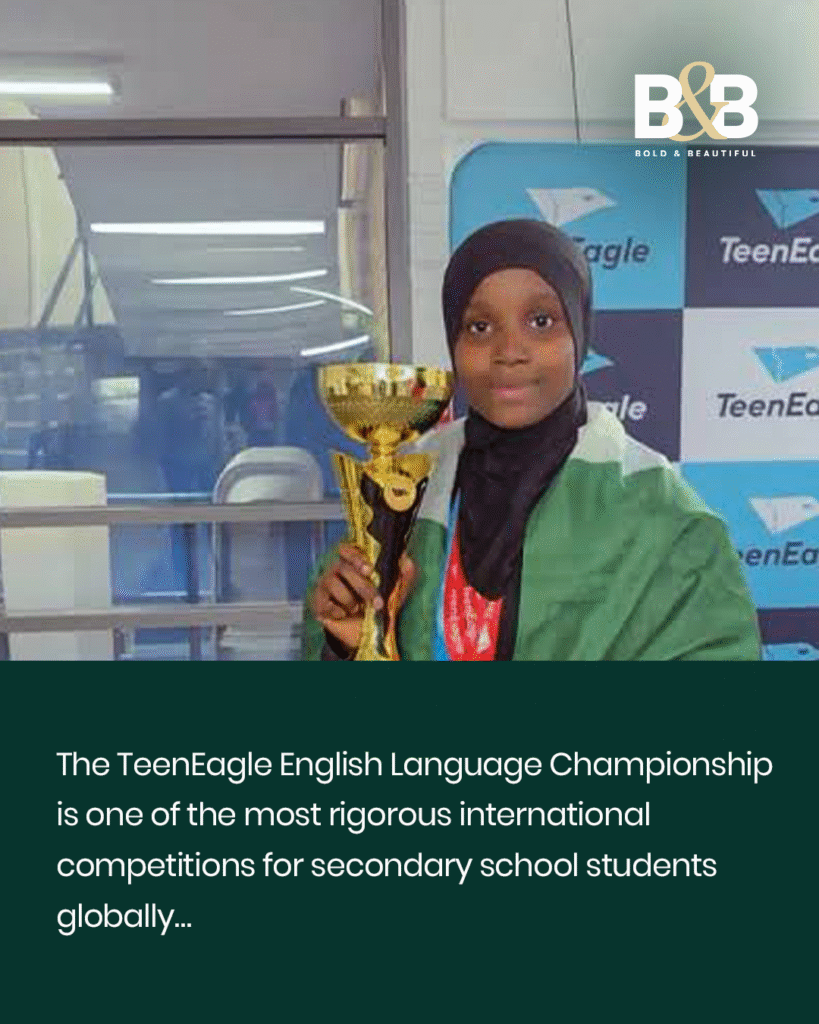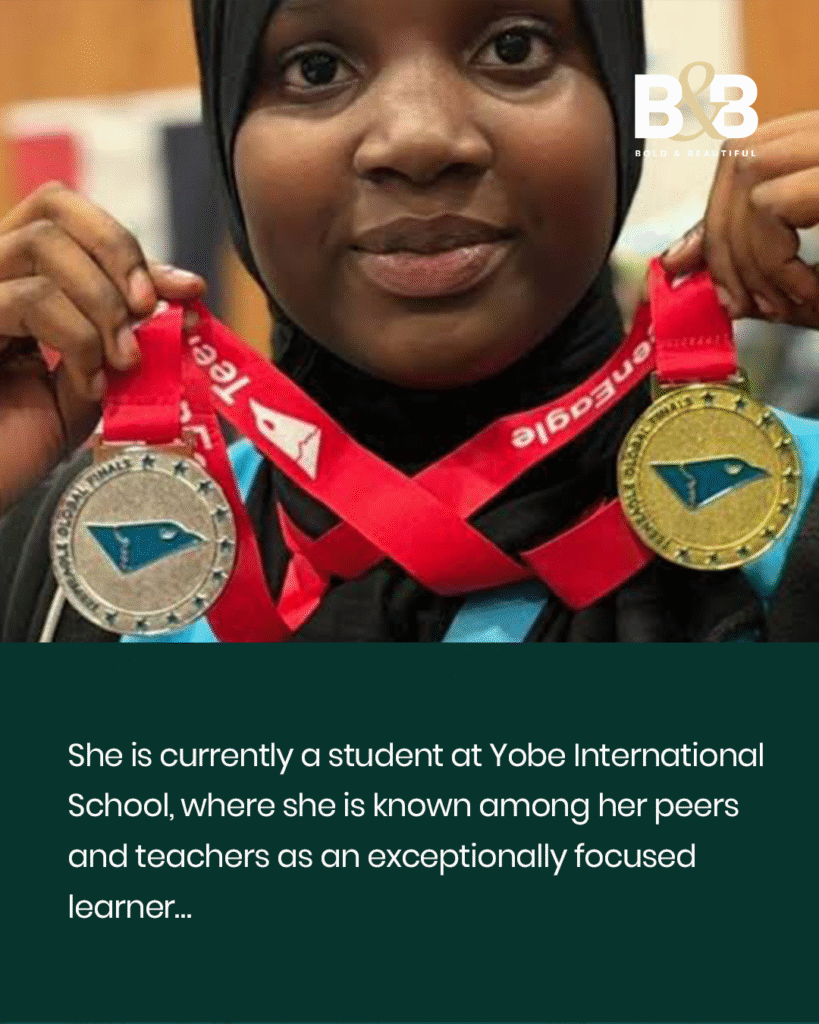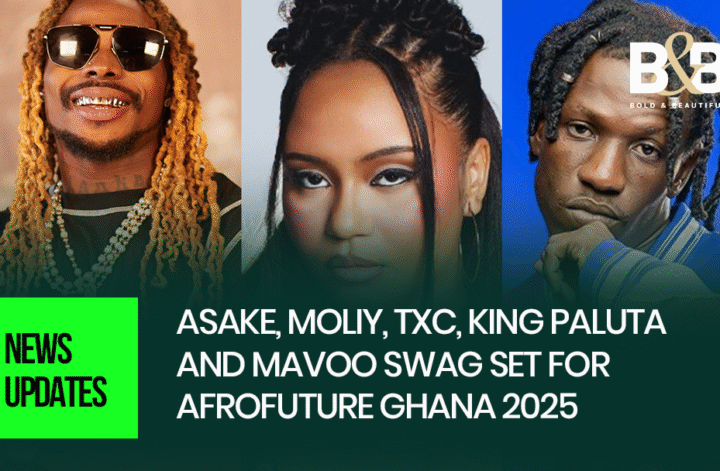Seventeen-year-old Nafisa Abdullah Aminu stood calmly on stage as the final scores were announced at the TeenEagle Global Finals in London. When her name was called as the overall global winner in English language skills, she smiled modestly. But back home in Nigeria’s Yobe State, the moment hit like a thunderclap.
A girl from one of the country’s most quietly resilient regions had just beaten over 20,000 contestants from 69 countries to claim the top spot.

Nafisa didn’t just win. She distinguished herself with a near-perfect mastery of the English language, a feat made more remarkable by her background. Yobe, a state in Nigeria’s northeastern region, has often made headlines for the wrong reasons—conflict, displacement, and educational setbacks. But Nafisa’s triumph tells a different story. A story of intellectual discipline, deep-rooted aspiration, and a determination to redefine expectations.
The TeenEagle English Language Championship is one of the most rigorous international competitions for secondary school students globally. Participants are assessed across reading, writing, speaking, critical thinking, and contextual communication. Nafisa outperformed students from advanced academic systems, elite schools, and resource-rich regions—an achievement that makes her victory all the more significant.

She is currently a student at Yobe International School, where she is known among her peers and teachers as an exceptionally focused learner with a sharp sense of language structure and a deep love for literature. Those who’ve taught her say she has the type of intellectual clarity that cannot be taught. It is instinctive and constantly refined.
Her preparation for the competition took months of quiet study, countless hours of practice in comprehension, vocabulary building, and spoken expression. She reportedly developed her oratory skills by watching speeches from world leaders and reading works from classical and contemporary authors. It wasn’t a glamorous path, but it was methodical and disciplined.
During the competition in London, her written essays stood out for their originality and structure. Her verbal arguments during the debating rounds reflected clarity, elegance, and a rare ability to articulate complex ideas with calm authority. Judges praised her as “the kind of young leader the world needs—literate, thoughtful, and deeply composed under pressure.”
Nafisa’s win has triggered a wave of pride not only in Yobe but across Nigeria. At a time when the country battles deep-rooted issues in its education system, her achievement is a clear signal that talent can thrive anywhere when nurtured. The Yobe State Government has reportedly invited her for official recognition, and educational organisations are lining up to offer her scholarships and mentorship opportunities.
For Nafisa, the spotlight is new. She remains soft-spoken and grounded. In a brief comment after her win, she said, “I wanted to prove to myself that where I come from doesn’t define how far I can go. I read, I studied, I prayed, and I stayed focused. I’m happy my effort was enough.”





